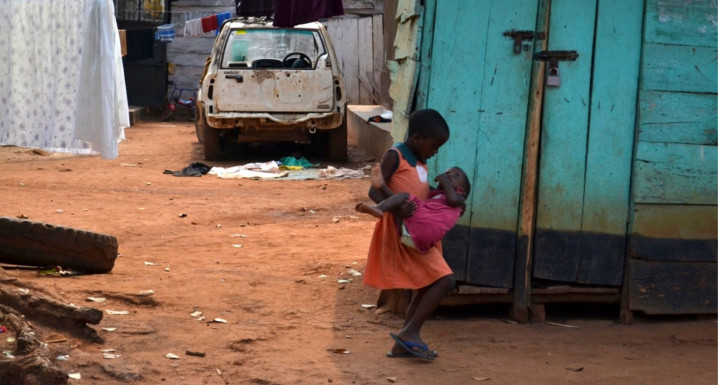Contact Us
I can’t find my way around the menu. The long line of bloggers waiting for me to order, and the words blurring, there in the hotel restaurant because we’ve just returned from the Genocide Museum in Kigali, Rwanda.
We’re here in Africa with World Help to raise funds for a new children’s rescue home, and we flew this morning from Uganda–with its dusty red streets and grass-thatched huts–to Rwanda, the land of one thousand hills, with tropical forests, gorillas, large neon signs and young boys rolling tires down the street.
I was fourteen when it happened.
The genocide.
I was a kid in overalls and Tie-Dyed shirts and had never been kissed and my biggest worry was finding a boyfriend. And meanwhile, across the world, a country had turned on itself with a machete.
In just 90 days, close to one million people were massacred–400,000 of them children.
The Genocide Museum was quiet, rose bushes blooming outside and there was a spirit of mourning clinging to the white stucco walls and we took a group photo outside, and I began to sob even as we entered.
A grave Rwandan greeted us, behind sunglasses, told us the museum was free because they wanted people to remember.
I learned history up and down those walls, reading about the Hutu tribe, how they determined to exterminate the Tutsis, how the French assisted them, how it wasn’t just about killing off an entire people group–but about causing an excruciating death.
I ran out of the building, past the concrete grave sites, up to the rose bushes, where the flowers were strangely bright. I took vain hope in a blossom that had fallen but remained brilliantly crimson.
And then I sat down on a cement step and cried.
A Rwandan priest who’d also been at the museum passed me, shaking his head, whispering “apolli, apolli.” It sounded like, “appalling, appalling.”
There is so much room for error in the human spirit.
And that potential, it just swallowed me: the potential for crimes committed against humanity.
I was afraid: I was afraid for myself, for the person passing me, I was afraid for our children because of their own brokenness.
So I sat there and cried, wondering what the answer was. Because if there’s that much room for evil in the human spirit–there’s also that much room for goodness.
I’m in the restaurant, and can’t decide what I want on the menu; everyone is waiting and eventually I hand it tearfully to my friend, who’s sitting next to me, and ask her to choose for me.
My spirit leans wearily on hers, and she asks the waiter to get me some rice and chamomile tea, and I say, Thank You.
And this is the greatest lesson we can teach our children: to love. To take care of one another. To lean spirits wearily against the other and hold each other up–not tear each other down, because nothing good can come from anger.
Anger destructs. Love builds. Anger kills, love saves.
The genocide left villages full of fatherless and motherless children to fend for themselves, to pick up after the mistakes of the previous generation. To care for one another, because they had no one else.
There is no greater weapon than love.
It’s like a flower that’s fallen, but somehow, keeps on blooming.
Emily Wierenga is wife to a math-teacher husband; mother and foster mother to four boys; an artist, columnist and the author of Chasing Silhouettes: How to help a Loved One Battling an Eating Disorder, Mom in the Mirror: Body Image, Beauty and Life After Pregnancy.
